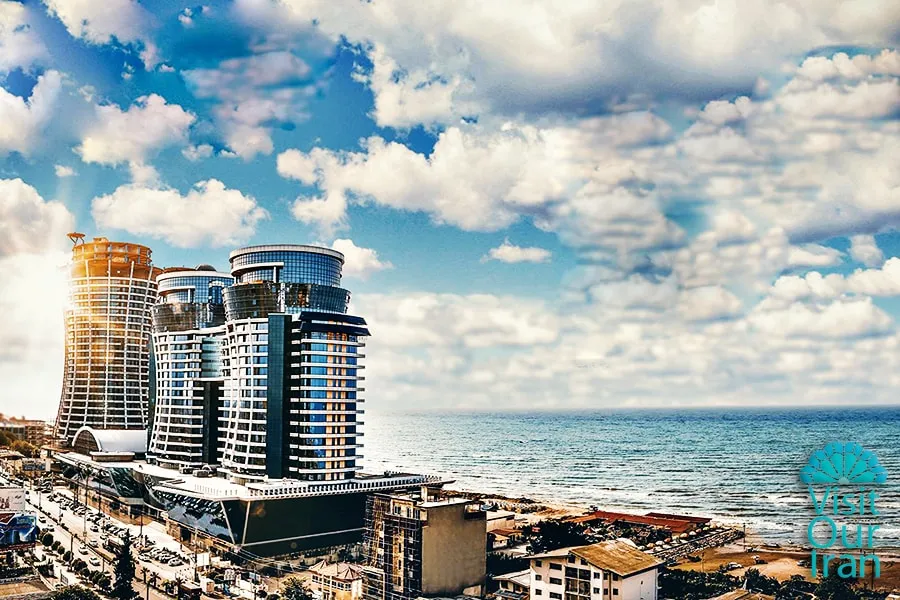
Iran has been devoid of international hotels since the Islamic Revolution of 1979, when signs of Western decadence such as five-star resorts were banished from the country.
That may change with the announcement that Meliá hotels group will open Iran’s first new five-star hotel owned by a foreign group.
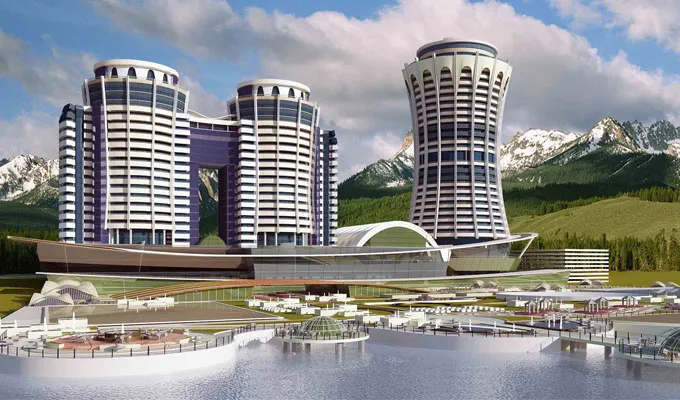
The “Gran Meliá Ghoo” hotel will open next year in the city of Salman Shahr on the shores of the Caspian Sea, in another sign that Iran is opening up to international visitors and business.
The Spanish-owned property will occupy a 130-metre high tower, and will have 319 “deluxe” rooms and a “Presidential Suite” of more than 500 square metres. Developers boast that it, “will provide all of the luxury services and facilities expected of a five-star hotel” with seven restaurants and bars, two swimming pools, and a spa.
The announcement comes days after reformists made large gains in Iran’s parliamentary elections, winning seats from hardliners and conservative politicians who are often more reticent about ties with the West.
Meliá Hotels International – which has properties in destinations from Tenerife to Thailand – is the first hotel group from outside Iran to open a five-star property in the country in more than 35 years.
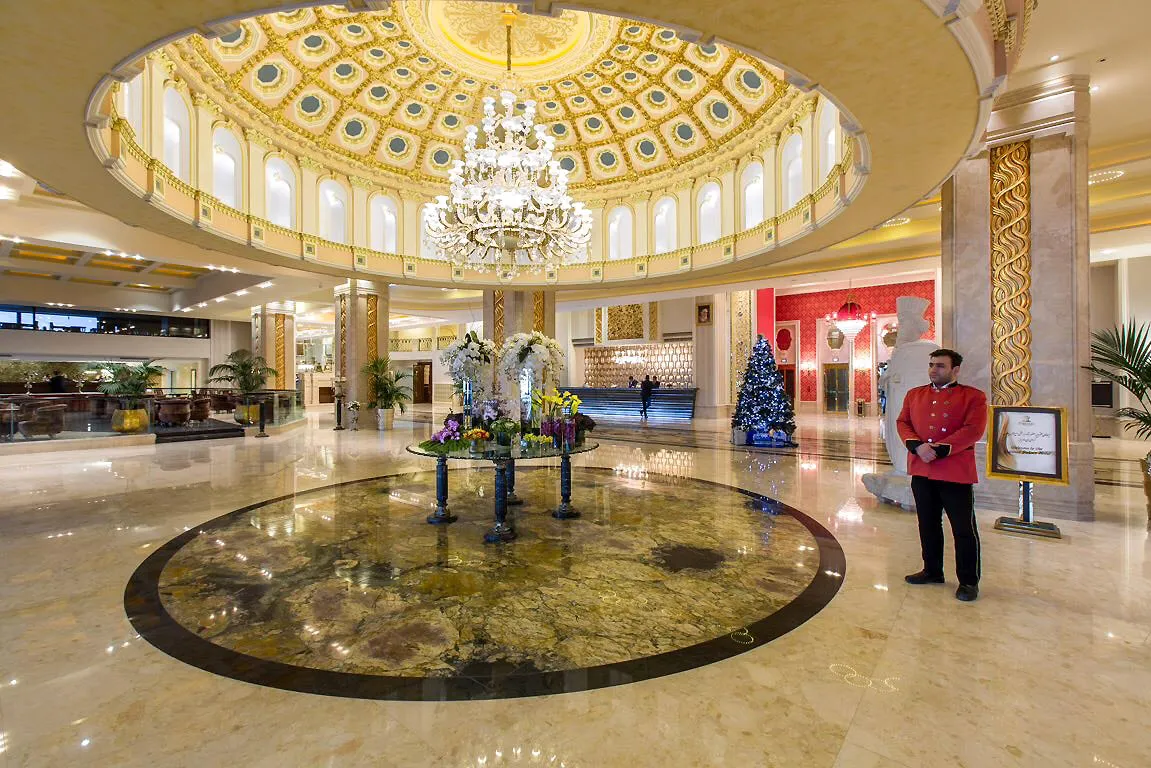
Before the Islamic Revolution of 1979, international firms such as InterContinental had hotels in the country. But they were replaced with relatively drab government-sanctioned accommodation as sanctions were placed on the new regime and Western companies left the country.
French-owned Accor last October launched a Novotel and an Ibis near Tehran’s Imam Khomeini International Airport, among the initial signs of interest in the Islamic Republic shown by foreign hotel groups.
Although the Caspian shores are more popular with wealthy Tehranis, who come to escape the capital’s pollution, than international visitors, the Meliá opening remains welcome in a country where good-quality hotels have historically been thin on the ground.
“In the post-sanctions era, tourism is an industry that will get a boost more than any other sector… Iran’s tourism sector is a flourishing market for investors. We are anticipating a tsunami of tourists after sanctions are lifted.”
The UAE-based Rotana hotel also has four hotels in the works in Iran– two in Tehran and two in the north-eastern city of Mashhad, home to some of the country’s most important mosques and shrines.
The Jumeirah Hotel group is also planning hotels in the country, according to the Daily Mail. Up to 125 hotels operated by foreign and local firms are expected to open in 2016.
Masoud Soltanifar, Iran’s Cultural Heritage, Handicrafts and Tourism Organization chief
Since a deal on Iran’s nuclear program was struck with Western powers last July, demand from international travelers to the Middle Eastern country has increased dramatically. The lifting of sanctions and the anticipated boost to the Iranian economy may also see locals travelling more within their country. Iran’s vast area has diverse landscapes ranging from mountain to desert to forest and beach.
“Developers boast that the Melia hotel, ‘will provide all of the luxury services and facilities expected of a five-star hotel with seven restaurants and bars, two swimming pools, and a spa.’”
Last year Masoud Soltanifar, Iran’s Cultural Heritage, Handicrafts and Tourism Organization minister, said the country was expecting a “tsunami” of tourists in the post-sanction era. “Tourism is an industry that will get a boost more than any other sector, he told AP. “Iran’s tourism sector is a flourishing market for investors. We are anticipating a tsunami of tourists after sanctions are lifted.”
The country aims to attract more than 20 million foreign tourists a year by 2025, compared to around five million at present.
Iranian-owned hotels have also been opening in rapid succession in the past six months. The 84-room Aramis Boutique Hotel – offering “Iranian traditional food, Wi-Fi and the best Italian coffee” – opened in Tehran last autumn, while the ribbon was cut on the lavish Espinas Palace Hotel in January.
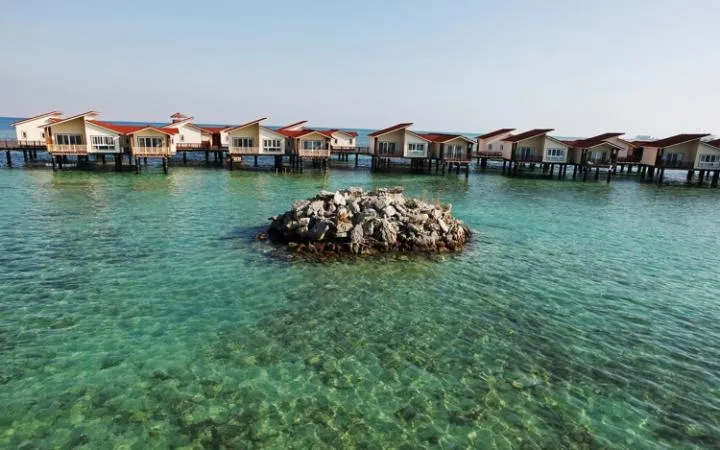
Iran also has a growing beach holiday industry. In the Persian Gulf, Kish island – which foreigners can visit without the visa restrictions applied elsewhere in the country – is known for its more liberal attitude, shopping malls and dive centres. The Torenj Marine Hotel – thought to be Iran’s first overwater-villa resort – opened on Kish last month, offering 100 suites and a glass-floored restaurant.
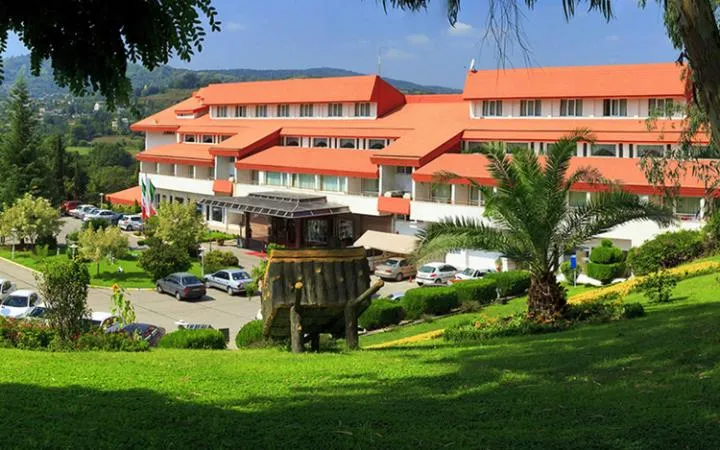
Tourists heading to the hills may visit the Salar Dareh hotel next to the mighty Alborz mountain range. The faux-Swiss chalet style resort has 54 rooms, a swimming pool and basketball court.
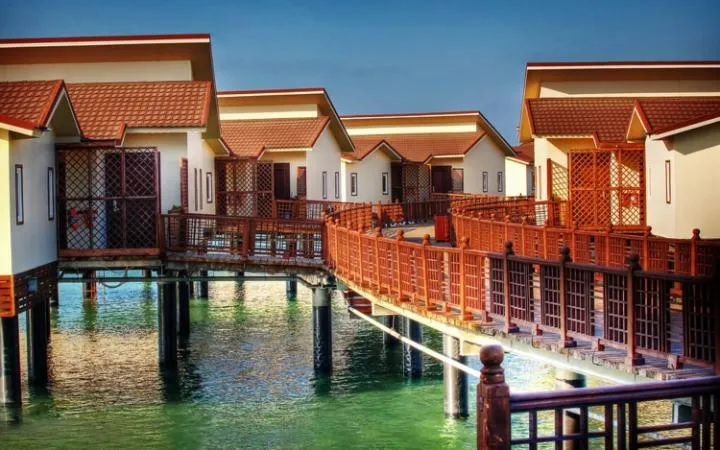
Hadi Jansouz, owner of Iranian tour operator We Are Persia, said the arrival of foreign businesses would push up standards in the tourism industry. “Foreign companies can bring competition and new challenges to Iranian tourism businesses – companies will try to have better quality services available. If a foreign company owns a property in Iran that is a great advertisement for the country.”
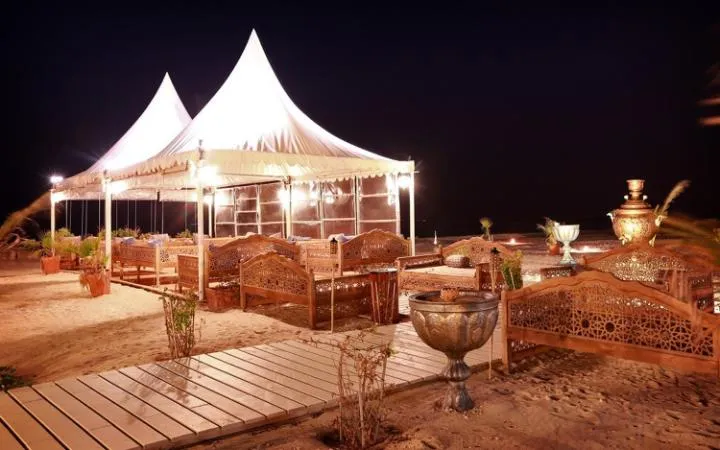
The Iranian government recently announced it would acquire up to 160 Airbus jets to add to the Iran Air fleet. The national carrier has seen a large number of its planes involved in crashes in the past decade, as maintenance and replacement parts have been hard to obtain under sanctions.
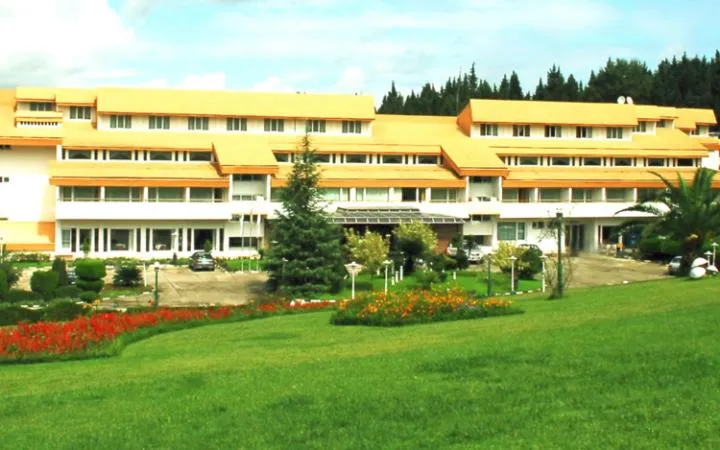
Authorities also plan to build more than 500 kilometres of new railway lines every year as well as new highways.